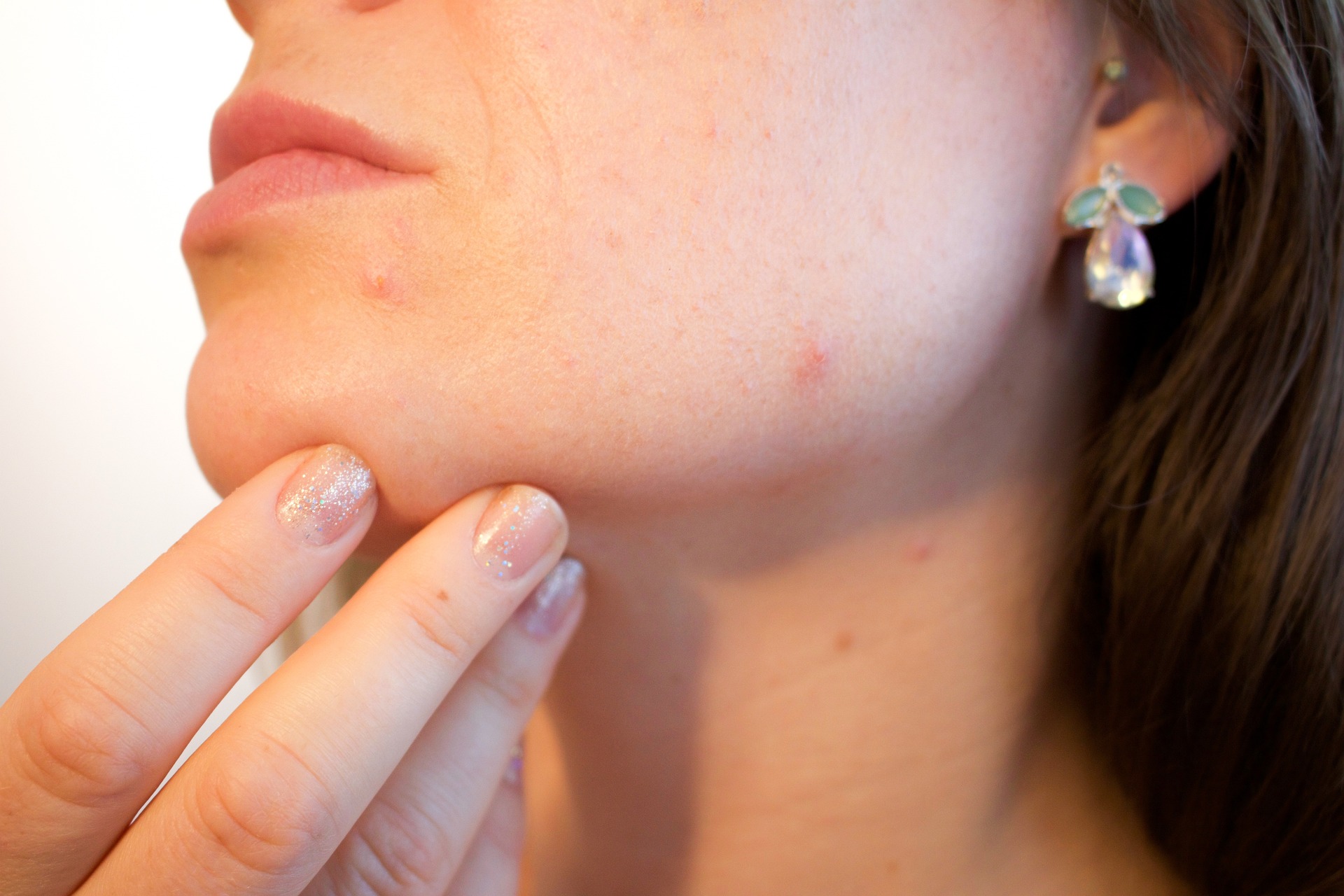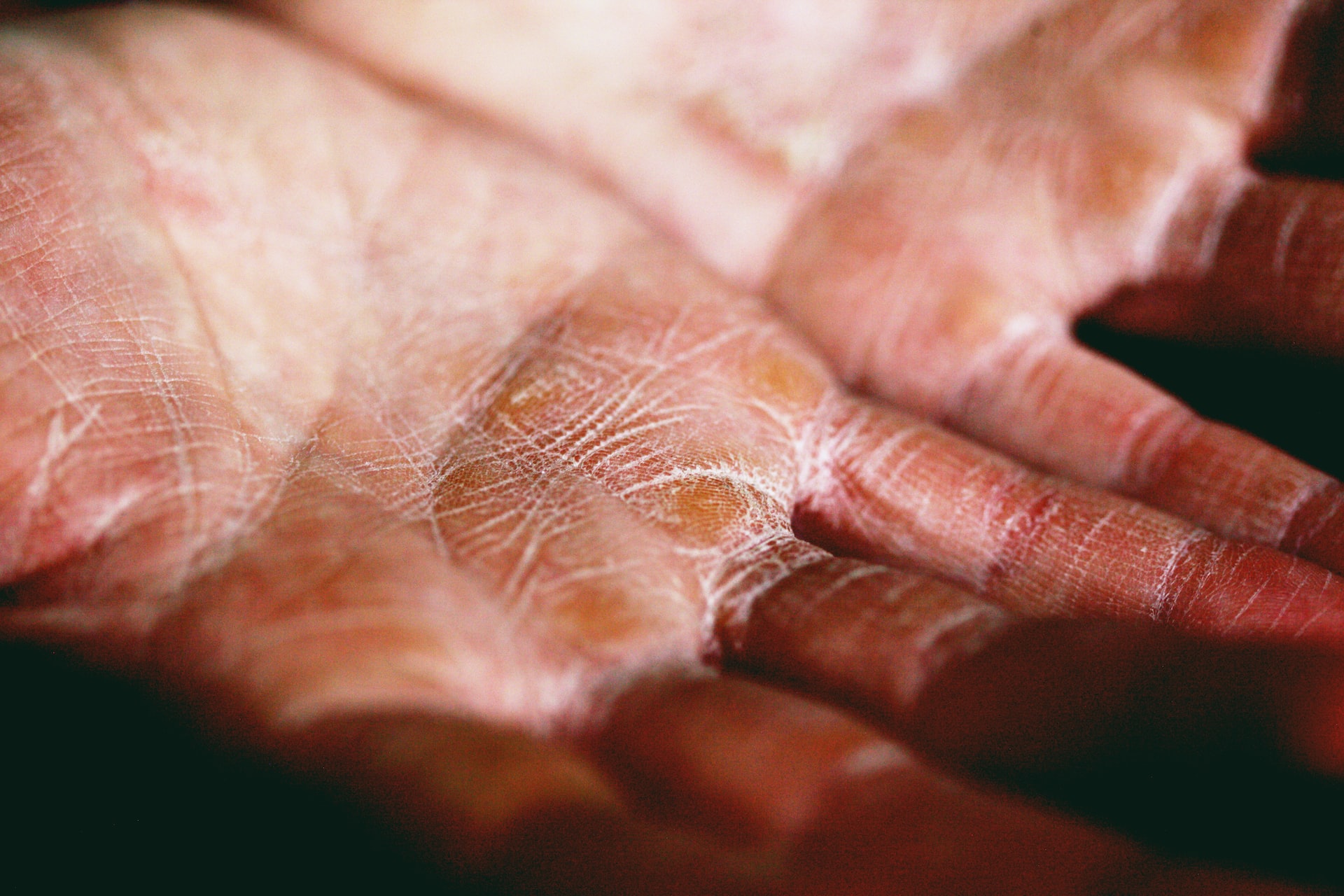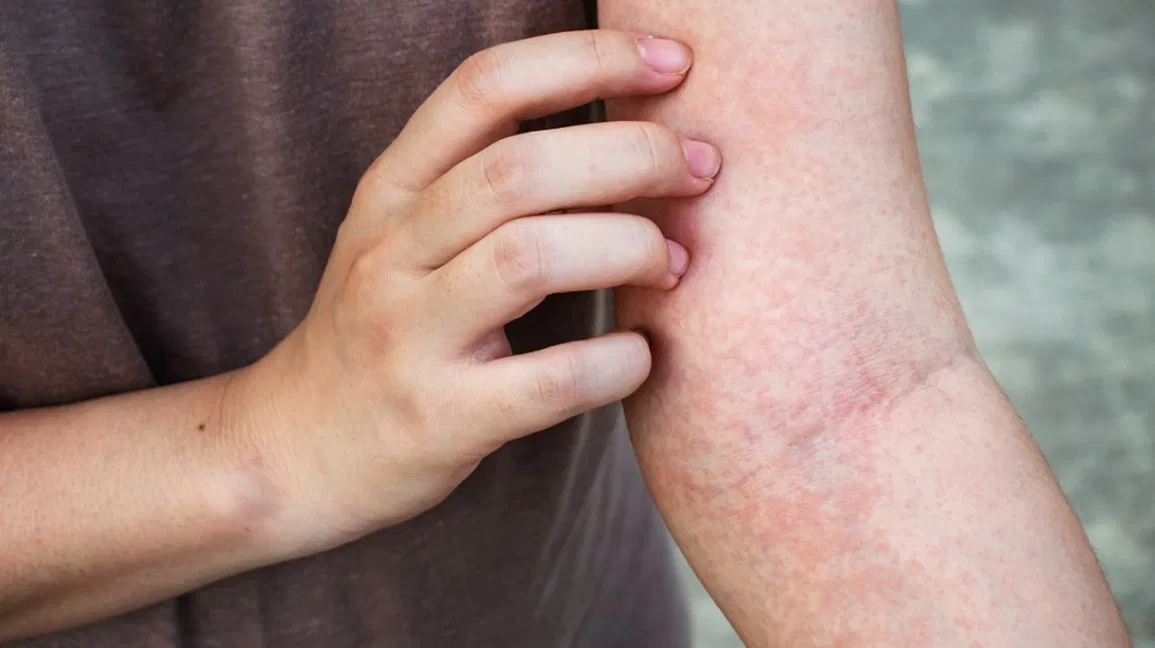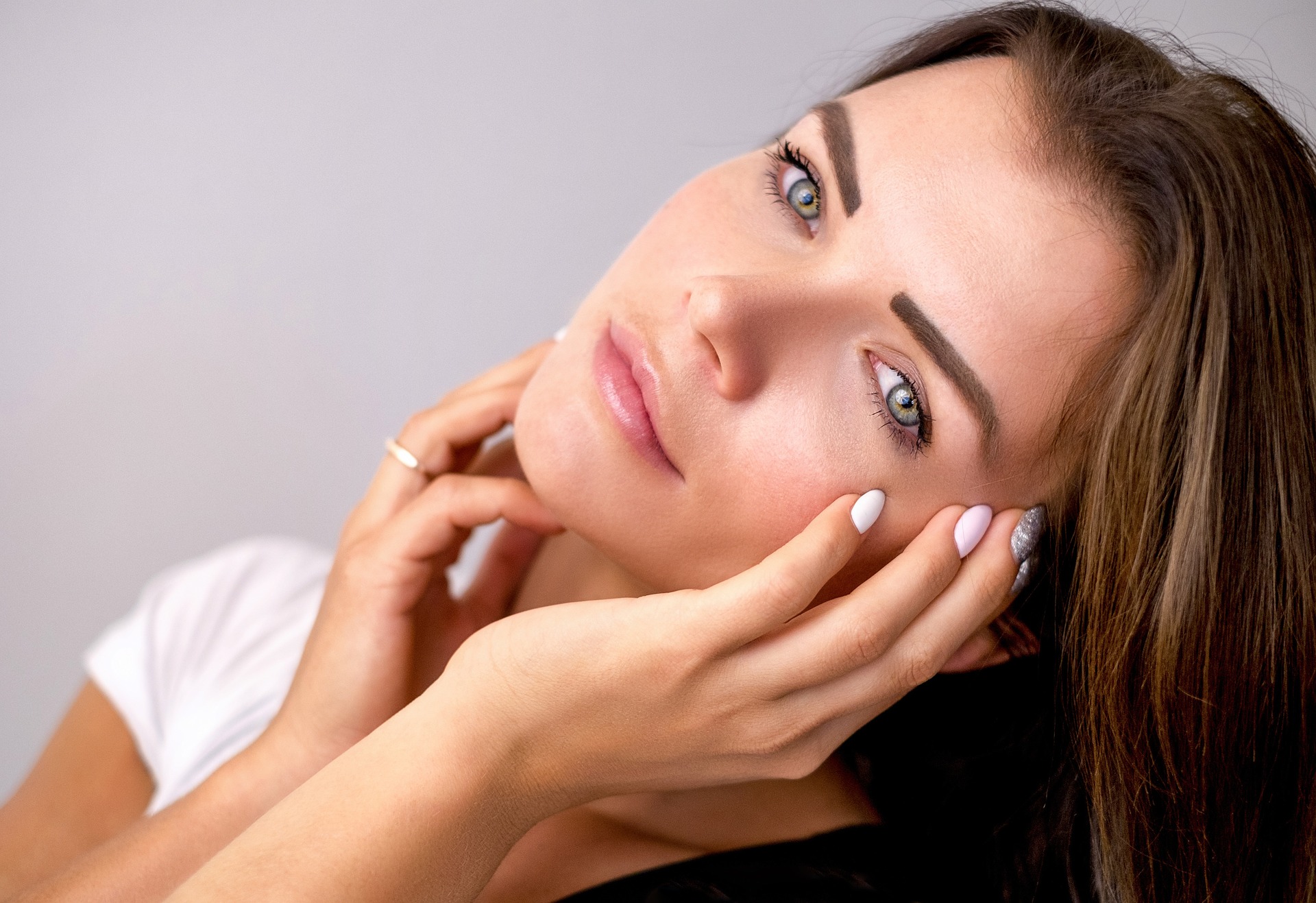When you think about your skin, what do you see? Probably soft, smooth, and wrinkle-free. But the reality is that our skin is constantly under attack. From the sun to pollution to harsh chemicals, our skin is constantly in a battle with the world around it. Fortunately, we have the ability to fight back against these attacks by taking simple steps like using sunscreen and avoiding harsh chemicals. In this blog post, we will explore some of the most common skin problems and how you can prevent them from happening in the first place.
Acne

Acne is a common skin problem that mostly affects adolescents and young adults. Acne can range in severity from mild, occasional breakouts to severe, persistent acne. Acne can be caused by hormones, diet, stress, and certain medications. Treatment for acne includes medications, topical treatments (such as creams or gels), oral antibiotics, and light therapy. There is no one cure for acne; treatments vary depending on the severity of the condition. If you think you might have acne, see your doctor for an evaluation. There are so many health and beauty solutions out there, it is important to have a qualified professional diagnose your condition and recommend the best treatment for you.
Dry Skin

If you have dry skin, it is important to take care of it. There are a few things that you can do to help your skin stay healthy and hydrated.
– One of the main factors that can lead to this is dehydration. When you don’t have enough water in your body, your skin will start to lose its moisture. Not only does this cause your skin to become dry and tight, but it can also lead to other problems like wrinkles and aging. To prevent this from happening, make sure to drink plenty of water every day and make sure that you are taking in enough vitamins and minerals.
– Another common cause is air pollution. Pollution contains particles that can be harmful to the skin, especially if they get trapped in the layers of the skin. When this happens, it can cause inflammation and damage the layer of cells that protect it from external damage. To reduce your risk of experiencing these problems, try to avoid downtown areas at night or during days when there is a lot of pollution in the air.
If you still experience symptoms of dryness despite following these tips, consider using a moisturizer or cream specifically designed for dry skin. These products usually contain ingredients like hyaluronic acid or ceramides which help restore moisture lost by the surface layer of the skin.
Itchy Skin

What do you do if you are experiencing itchy skin?
– If you are experiencing itchy skin, one possible solution is to apply a topical cream or lotion.
– Another solution is to take an over the counter antihistamine such as Benadryl.
– Finally, if the itchiness is severe, your doctor may prescribe a corticosteroid such as prednisone.
Rosacea
Rosacea is a red, itchy rash that can affect the face and chest. The cause is unknown, but Rosacea is more common in women. It can be treated with medication and self-care measures such as moisturizing and avoiding sun exposure.
Oily Skin
Many people with oily skin may not even know it. This is not a disease, but it can be an indication of some underlying health problems. Here are six signs that you might have an issue:
– You have large pores on your face.
– You tend to break out easily.
– Your skin feels greasy or heavy even after just a short time of being in the sun.
– You have red patches that don’t go away no matter how much you try to clean them.
– Your skin feels inflamed and itchy.
– You struggle to find products that work well for you and your skin type.
Eczema
Eczema is a common skin condition that affects people of all ages. It is characterized by dry, irritated skin that can become red and swollen. Eczema can be a sign of a more serious condition, such as Rosacea or Psoriasis, so it is important to get treatment if you are diagnosed with Eczema.
There is not currently a cure for it, but treatments range from topical creams and lotions to systemic medications. You may also need to take anti-inflammatory medications daily to control the symptoms. If your Eczema is severe, you might need to see a dermatologist for care.
If you have it, it’s important to keep track of the following symptoms: itchiness; redness; scaling; inflammation; and tenderness. If you notice any changes in the severity or appearance of your Eczema, it’s important to see your doctor for an evaluation.
Psoriasis
Psoriasis is a disorder that causes patches of red, scaly skin. It can affect any part of the body but is most common on the scalp, elbows, knees and back. Psoriasis can be uncomfortable and embarrassing, but it can also lead to social isolation and reduced quality of life. There is no one specific treatment for it, but there are many treatments available that can help improve symptoms.
Psoriasis is caused by a genetic mutation that leads to an overproduction of cells that produce skin proteins. These proteins build up in the skin and cause inflammation and scaling. Some people with Psoriasis have a family history of the condition, while others develop it for the first time during adulthood. Psoriasis usually starts gradually and worsens over time, although it can disappear completely in some people.
There are many symptoms of Psoriasis, including:
– Red patches with scaly borders
– Itching
– Swelling
– Skin that is deeply scarred or pitted
Conclusion
Looking for ways to improve your health and protect your skin? Check out our list of seven common skin problems to watch for as you pursue a healthy lifestyle. By learning about these conditions and how to prevent them, you can start putting yourself in the best position possible to maintain good health and beautiful skin.






